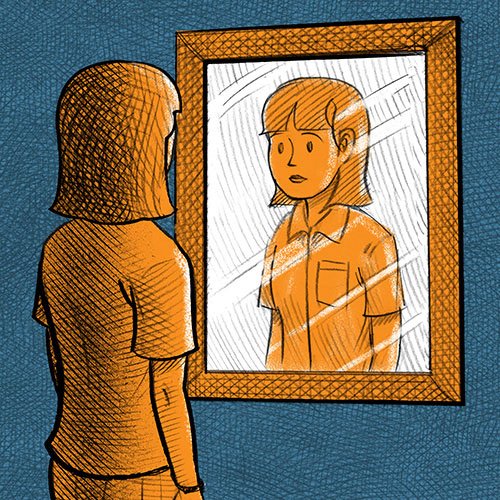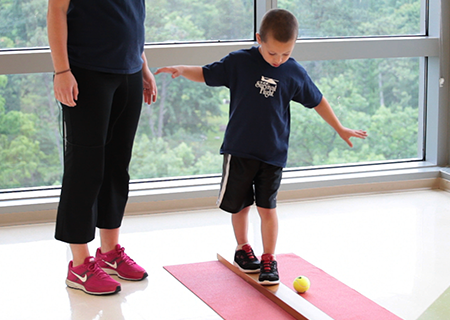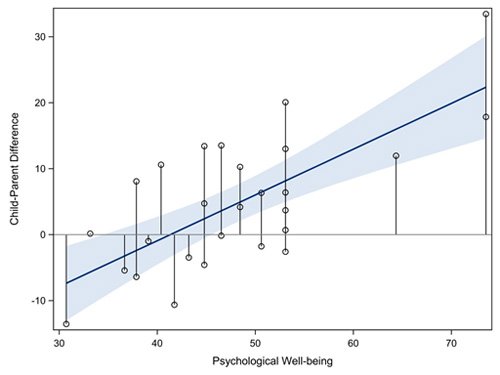
New ARCH Lab Research
Dr. Ferro and colleagues at the Offord Centre for Child Studies recently published a paper in the Canadian Journal of Psychiatry entitled, “Suicidal behaviour among

Dr. Ferro and colleagues at the Offord Centre for Child Studies recently published a paper in the Canadian Journal of Psychiatry entitled, “Suicidal behaviour among

Check out this video of ARCH Lab’s alumnus, Chris Choi. Chris was a bursary student with the ARCH Lab in the summer of 2016 and

A paper by Day et al. entitled, “Exposure to overprotective parenting and psychopathology in extremely low birth weight survivors” was recently published in Child: Care,

ARCH Lab student, Ahmad Qadeer, recently published a paper in the Scandinavian Journal of Pain entitled, “Chronic disruptive pain in emerging adults with and without

A new ARCH Lab paper entitled, “Psychometric Properties of the Self-Perception Profile for Children in Children with Chronic Illness” was recently published in the Journal

The month of June began with celebrations for the ARCH Lab as two of its members were recognized at conferences. Ahmad Qadeer, a second-year MSc

Dr. Ferro has been awarded an Early Researcher Award from the Ministry of Research, Innovation and Science to study the determinants and outcomes of psychiatric

A new ARCH Lab paper entitled, Child- and parent-reported quality of life trajectories in children with epilepsy: a prospective cohort study was recently published in

A paper by Poole et al. entitled, Early developmental influences on self-esteem trajectories from adolescence through adulthood: impact of birth weight and motor skills was

Ahmad Qadeer, an MSc student supervised by Dr. Ferro, recently published a paper in the International Journal of Adolescence and Youth entitled, “Child–parent agreement on